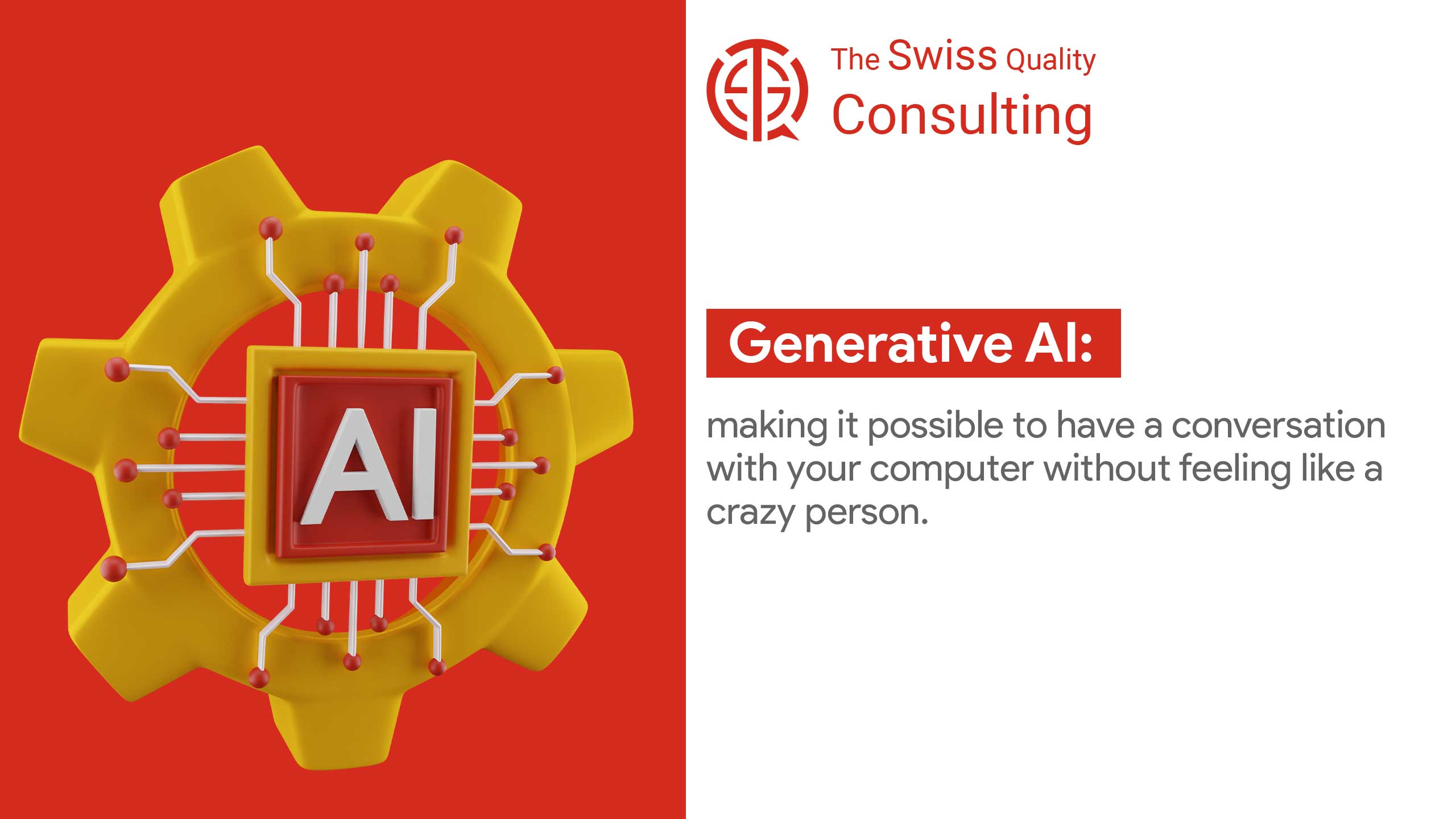Advancements in Brain-Computer Interfaces
Understanding Brain-Computer Interfaces
The future of human-computer interaction is set to be revolutionized by the development of brain-computer interfaces (BCIs). BCIs enable direct communication between the human brain and digital devices, bypassing traditional input methods such as keyboards and touchscreens. This technology leverages neuroimaging and signal processing techniques to interpret brain activity and translate it into commands for computers, prosthetics, and other digital systems. In regions like Saudi Arabia and the UAE, where there is a strong emphasis on technological innovation, the adoption of BCIs represents a significant leap forward in human-computer integration. By facilitating seamless interaction between the brain and technology, BCIs have the potential to transform various sectors, including healthcare, education, and entertainment.
Enhancing Accessibility and Communication
The implementation of brain-computer interfaces (BCIs) plays a crucial role in enhancing accessibility and communication for individuals with disabilities. BCIs can provide new avenues for people with severe motor impairments to interact with their environment and communicate effectively. For example, BCIs can enable individuals with conditions such as ALS (amyotrophic lateral sclerosis) to control assistive devices, computers, and communication systems using only their brain signals. In Riyadh and Dubai, where there is a focus on inclusivity and improving quality of life, BCIs offer a powerful tool for promoting independence and social integration for people with disabilities. By harnessing the capabilities of BCIs, we can create more inclusive societies where everyone has the opportunity to participate fully.
Driving Innovation in Various Sectors
The future of human-computer interaction through BCIs is poised to drive innovation across multiple sectors. In healthcare, BCIs can be used for neurorehabilitation, allowing patients to regain control of their limbs after strokes or injuries by retraining their brain signals. In the educational sector, BCIs can enhance learning experiences by providing real-time feedback on student engagement and cognitive load. The entertainment industry can also benefit from BCIs by creating immersive experiences where users control games and virtual environments with their thoughts. In Saudi Arabia and the UAE, where there is a strong commitment to technological advancement, the integration of BCIs can foster innovation, improve services, and create new business opportunities in these and other sectors.
Integrating BCIs into Business Strategies
The successful integration of brain-computer interfaces into business strategies requires careful planning and investment in research and development. Business executives and mid-level managers must recognize the transformative potential of BCIs and explore how this technology can be leveraged to enhance their operations and services. This involves fostering partnerships with research institutions, investing in the necessary infrastructure, and training employees to work with BCI technology. In Saudi Arabia and the UAE, where technological innovation is a strategic priority, businesses that adopt BCIs can gain a competitive edge by offering cutting-edge solutions and improving customer experiences. By aligning BCI initiatives with business goals, companies can drive growth and stay ahead in the rapidly evolving digital landscape.
Leadership and Change Management in Technological Innovation
Effective leadership and change management are essential for the successful deployment of brain-computer interfaces. Leaders must navigate the complexities of integrating advanced technology into existing systems and processes while managing stakeholder expectations and addressing potential ethical concerns. Executive coaching services can support leaders in developing the skills needed to lead BCI initiatives, including strategic decision-making, effective communication, and ethical considerations. In regions like Riyadh and Dubai, where leadership development is prioritized, investing in executive coaching can empower business leaders to drive technological innovation and achieve sustainable success. By fostering a culture of innovation and ethical leadership, organizations can effectively harness the potential of BCIs to transform their operations and services.
Future Trends and Ethical Considerations in BCI Development
The future of human-computer interaction with BCIs is marked by continuous advancements and emerging trends that promise to further enhance their impact. Innovations in artificial intelligence, machine learning, and neural engineering are poised to improve the accuracy and functionality of BCIs, making them more accessible and effective. However, the development and deployment of BCIs also raise important ethical considerations, such as privacy, security, and the potential for misuse. In Saudi Arabia and the UAE, addressing these ethical concerns is crucial for fostering public trust and ensuring the responsible use of BCI technology. By investing in research, engaging with stakeholders, and developing robust regulatory frameworks, these regions can lead the way in creating a future where BCIs enhance human capabilities while upholding ethical standards.
#BrainComputerInterfaces #DigitalInnovation #TechAdvancement #AI #HumanComputerInteraction #BCITechnology #FutureTech #Leadership #ChangeManagement #InclusiveTechnology































